|
Thursday, March 3, 2005
Freedom has been on the crawl of late. From the reforms of Mahmoud Abbas’s Palestine to the upheavals in Lebanon to Hosni Mubarak’s promise of a slightly less rigged election in Egypt’s near future, the Mideast is taking confident baby-steps toward a more democratic future – and mostly as a response simply to civil demonstrations and diplomatic pressure. One might draw the conclusion that it is therefore possible to nudge corrupt and tyrannical regimes in the direction of freedom and democracy without massive preventive invasions, enormous loss of life, and inaccurate, bad-faith presentations of casus belli. But one would be wrong – oh, so terribly wrong. For had the United States not bludgeoned Iraq into a quasi-democratic shape, the Muslim world would never have thought to try democracy on its own. Indeed, before the Iraq war, Arabs scarcely knew that democracy existed.
News travels slowly in the Mideast, where messages are still passed from place to place by antique methods such as carrier pigeon and satellite television. As a result, most Arabs knew little of the existence or nature of the world beyond them, or of "the West" and its fabled "democracy." In a prewar poll exclusively conducted by researchers at the Medium Lobster Institute of International Studies, 43% of Middle East respondents believed that "democracy" was "a spicy dish made from ground lamb and cinnamon," while 28% believed it was one of several methods for removing female body parts deemed offensive by the Koran. Even more troubling, when asked about "freedom," 68% of Muslims either "disapproved" or "strongly disapproved" of the concept, while 16% were undecided. Nearly two-thirds of all respondents agreed with the statement "If you're Muslim, or perhaps brown-skinned, you can't be self-governing and free." But all this changed with the January elections in Iraq. Suddenly the Muslim world became aware of a new concept – “freedom” – began to investigate it, and think to itself, “Is this right for me?” The more Lebanese, Egyptians and Palestinians considered their options, the safe, old military dictatorship and permanent foreign occupations just didn’t seem to satisfy them anymore. One might argue that the progress in Palestine and Lebanon would never have taken place without the death of Yasser Arafat and the assassination of Rafik al Hariri, but why didn’t Palestinians and Lebanese simply say, “Let’s give old corrupt tyranny another go, it’s worth one more shot” when given the opportunity? Because this time they were aware of an alternative: an alternative called freedom. And that alternative would not have been there for them had the American military not been there to invade, occupy, and torture a neighboring country. Make no mistake: the Iraq war has brought us significant progress. In a poll conducted just days after the Iraqi election, Mideast residents overwhelmingly described their feelings toward freedom and democracy as “positive,” and 66% correctly identified it as “a system of government in which power is vested in the people, who rule either directly or through freely elected representatives”; only 12% described it as “an abomination of ghosts and worms.” Sadly, being only aware of Iraqi democracy, the entire Middle East currently believes that democracy only functions with sporadic elections for anonymous Islamist candidates in the midst of a massive terrorist campaign. What is needed is a better role model: another, more violent invasion of a bigger, more responsive country ought to do the trick. The Medium Lobster is open to suggestions.
posted by the Medium Lobster at 1:59 PM
|
|





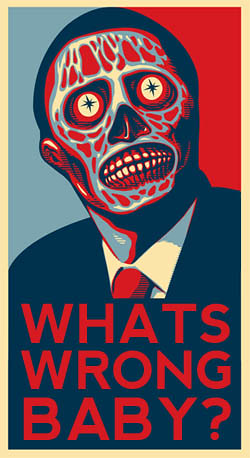
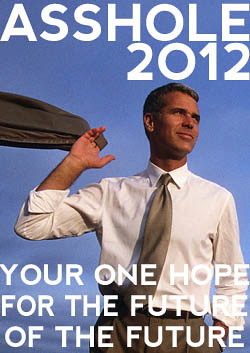


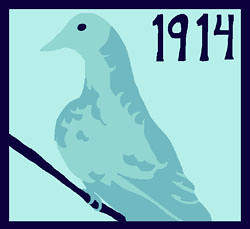
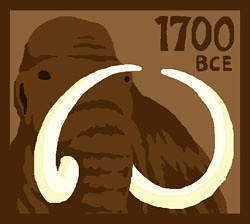
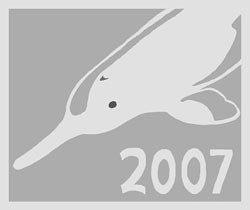
|